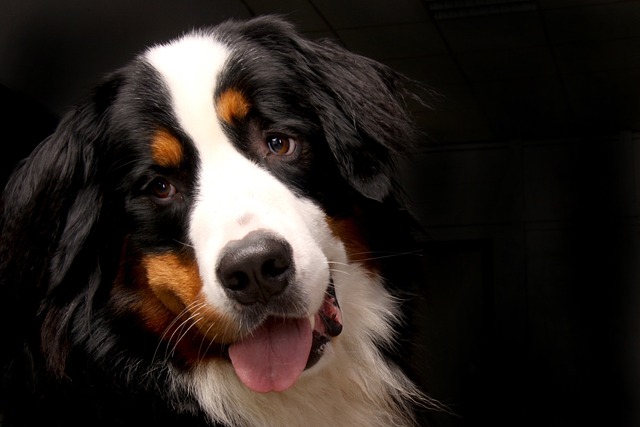
How do i train my dog to be obedient?
Watching your dog dart across the park ignoring your calls isn’t just frustrating—it can put them at risk near busy streets or public spaces.
Puppy teeth are tiny, but their bites can feel like little needles—especially when they target your hands or feet during playtime. It’s a natural behavior, rooted in their need to explore and teethe, but letting it become a habit can lead to bigger issues as they grow. With patience and the right approach, you can guide them toward gentler ways to interact.
When your puppy latches onto your hand, resist the urge to yank away—that sudden movement can trigger their chase instinct, making them bite harder. Instead, let your hand go limp and stay still. Most puppies lose interest when the “toy” stops moving. Once they release, offer a soft chew toy instead. Praise them warmly when they switch to the toy; positive reinforcement helps them connect good behavior with happy reactions.
Timing matters, too. Puppies get overstimulated easily, and a hyper play session often ends with nipping. Watch for signs they’re getting too excited—wiggly hips, intense staring, or faster movements. When you see those cues, pause playtime for a minute. Sit quietly, avoid eye contact, and let them calm down. This teaches them that biting brings fun to a halt, while gentle play keeps the good times going.
 Incorporating regular teething relief can cut down on biting urges. Freeze a wet washcloth into a solid ice cube—its coldness soothes sore gums, and the texture gives them something appropriate to gnaw on. Keep a few around the house, especially in areas where they tend to target your feet, like near the couch or front door. Having a go-to chew item within reach makes it easier for them to make the right choice.
Incorporating regular teething relief can cut down on biting urges. Freeze a wet washcloth into a solid ice cube—its coldness soothes sore gums, and the texture gives them something appropriate to gnaw on. Keep a few around the house, especially in areas where they tend to target your feet, like near the couch or front door. Having a go-to chew item within reach makes it easier for them to make the right choice.
Socialization plays a role too. Puppies learn boundaries from other dogs, so supervised play with well-behaved adult dogs can be eye-opening. If your puppy nips too hard, the older dog might give a gentle correction—like a soft growl or turning away. These interactions teach them bite inhibition better than any human can, as they’re speaking the same language. Just make sure the play stays friendly and never escalates into aggression.
It’s worth noting that consistent rules help avoid confusion. Everyone in your household should respond to biting the same way—no roughhousing that might encourage nipping, and the same calm reaction when a bite happens. Local training classes can also offer personalized tips, many of which align with regional guidelines for responsible pet ownership. These classes often emphasize methods that keep both you and your puppy safe, which matters for staying on the right side of community pet policies.
Puppies don’t mean to hurt you—they’re just learning how the world works. With time, consistency, and plenty of kind guidance, those nippy phases will fade. Before you know it, your puppy will greet you with a wagging tail instead of a playful bite, and every interaction will feel like a step forward in your growing bond.

Watching your dog dart across the park ignoring your calls isn’t just frustrating—it can put them at risk near busy streets or public spaces.

New puppy owners often find themselves rushing to clean up accidents before they set in, and that’s where puppy pad training becomes a game-changer.

If you've noticed your dog's waistline disappearing and your veterinarian has mentioned those few extra pounds, your first instinct might be to simply reduce the amount of food in their bowl.

Training a dog to use a designated spot indoors isn’t as daunting as many new owners fear, but it does take consistency and an understanding of your pet’s needs.

That moment of dread on a walk is all too familiar for many new dog owners. You see another dog approaching down the sidewalk of your neighborhood

If the sight of another dog on your neighborhood walk makes your heart sink as your own dog erupts into a frenzy of barking and lunging, you're not alone.